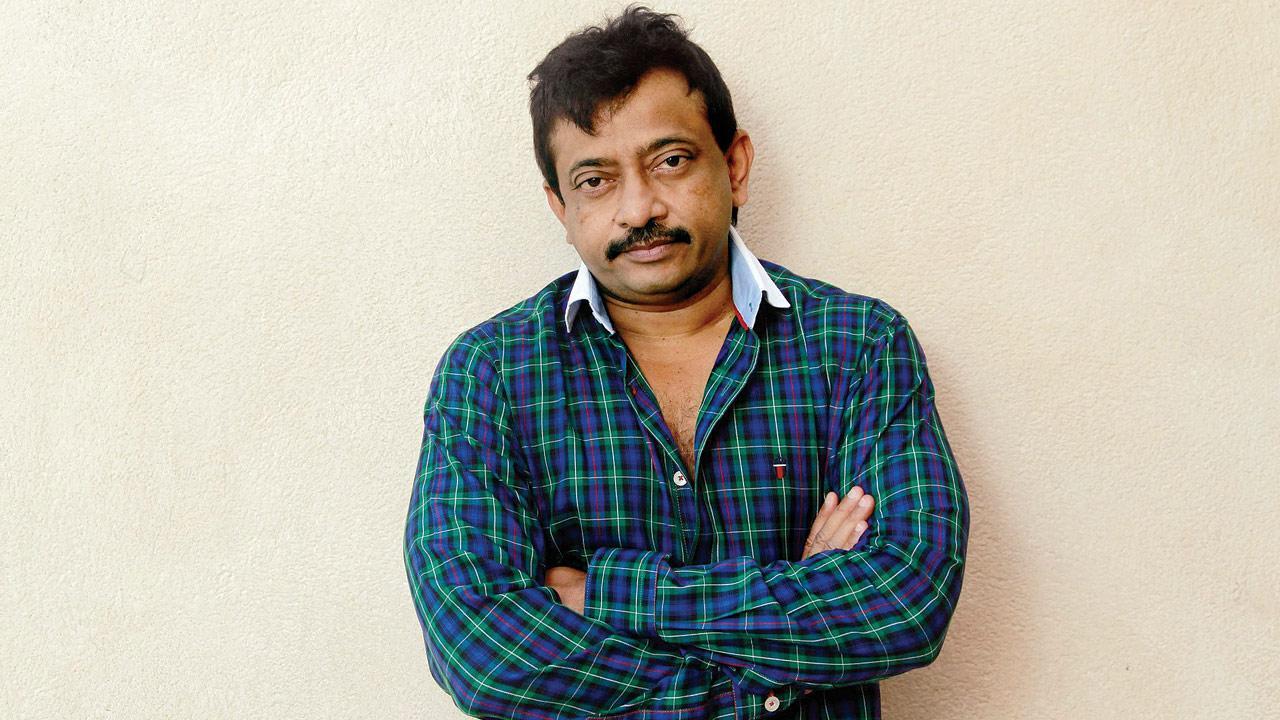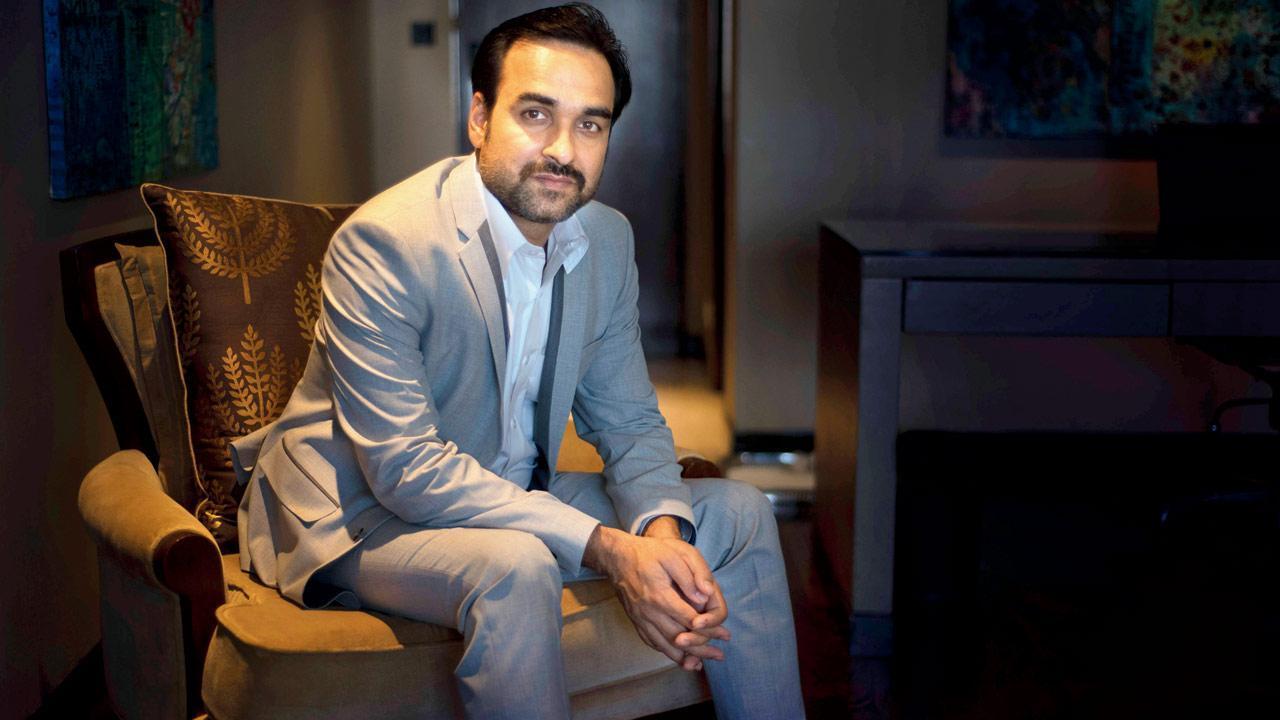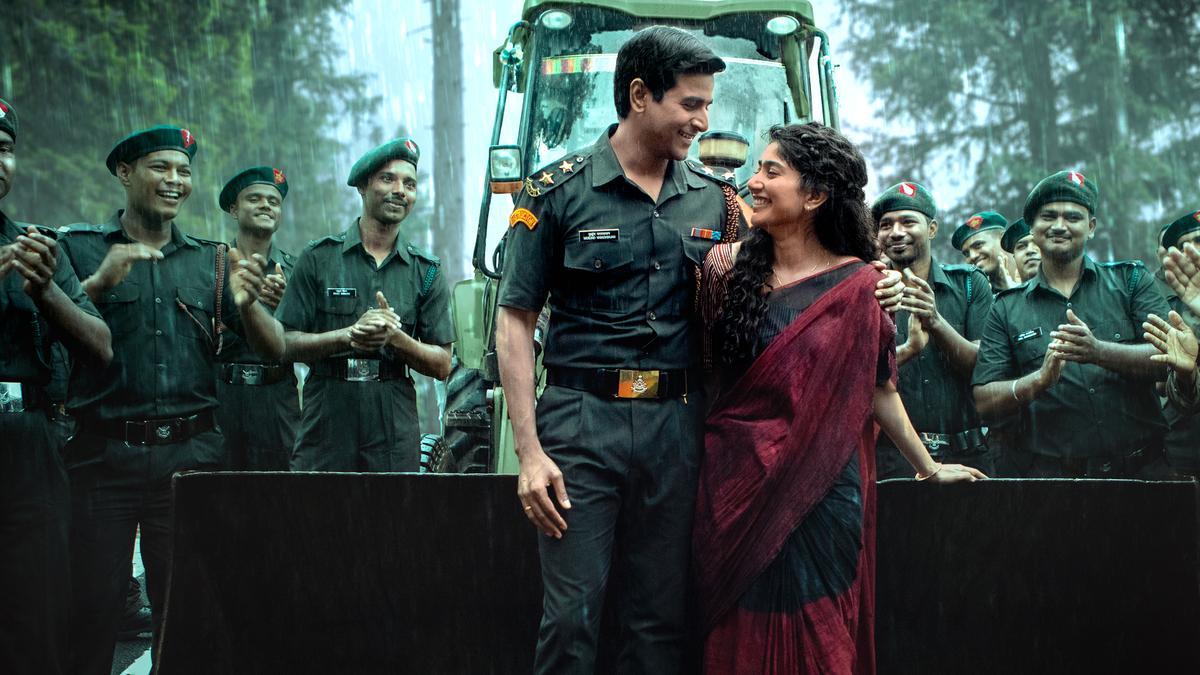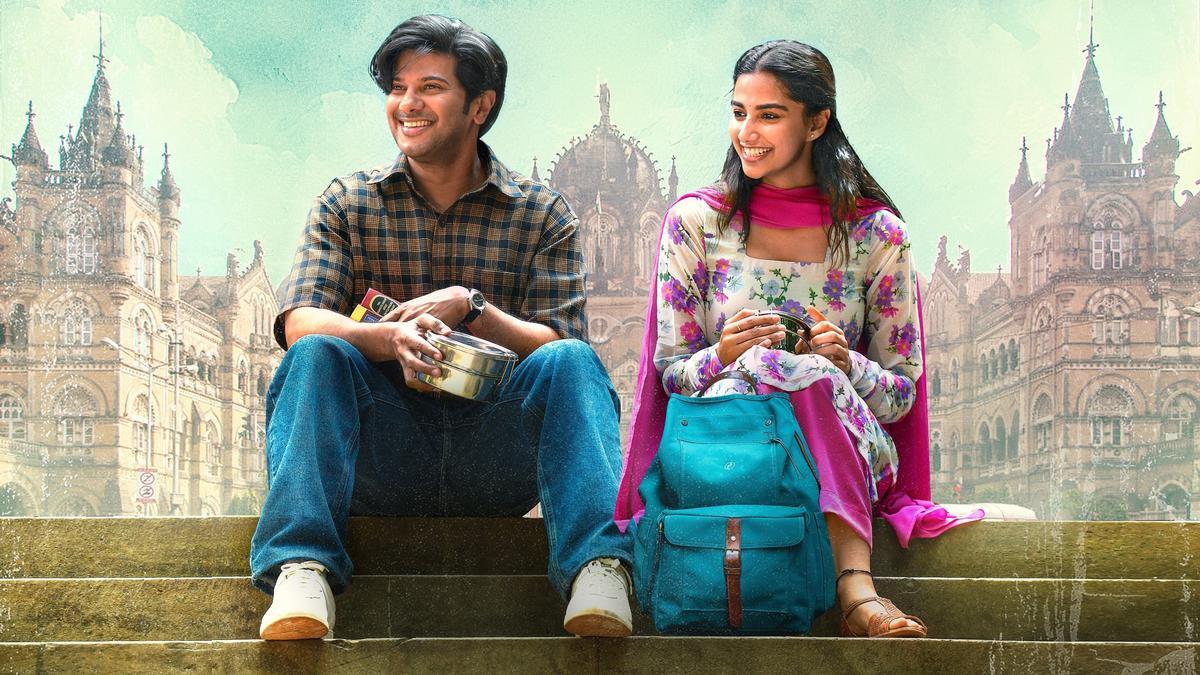
In the wake of recent events that have ruffled feathers in Indian cricket circles, Wriddhiman Saha, a seasoned campaigner and veteran wicketkeeper, has weighed in on the escalating debate surrounding the participation of players in domestic cricket. The topic has garnered significant attention since the Board of Control for Cricket in India (BCCI) announced its central contracts, excluding players like Ishan Kishan and Shreyas Iyer.
This exclusion, dated February 28th, has sparked discussions amongst cricket aficionados, with experts and former cricketers suggesting that the decision was influenced by Kishan and Iyer’s absence from domestic cricket tournaments. Throughout the season, Ishan notably did not appear in any of the Ranji Trophy matches for his home state, Jharkhand. Meanwhile, Shreyas was also missing from Mumbai’s critical quarterfinal clash against Baroda.
Saha addressed this situation with his perspective, emphasizing that individuals cannot be forced to play certain formats or tournaments. His remarks were captured by PTI after the BCCI made its decision public regarding the annual player retainership list. The veteran player candidly stated, “That is BCCI’s decision and personal decision of concerned players. Forcefully, you can’t do anything.”
With a firm belief that every game should hold equivalent importance for a player, Saha shared his own approach towards cricket. “Whenever I am fit I play, even I played club matches, office matches as well. I always treat a match as a match. All matches are equal for me,” he revealed. Reflecting on the broader implications of such a mindset, Saha opined that if each cricketer adopted this outlook, they would not only flourish in their careers but also contribute positively to the overall standing of Indian cricket.
Beyond the minutiae of participation, the discourse around the value of domestic cricket remains vibrant. Saha pointed to the case of Sarfaraz Khan, who scored prolifically in domestic cricket for a period of four to five years, thereby eventually earning a place to represent India. Saha noted Sarfaraz’s performance as a clear testament to the significance of the domestic circuit, stating, “I feel the importance of domestic cricket is always there because if I talk about Sarfaraz Khan, he had scored plenty of runs in the last 4-5 years. Definitely, he has delivered.”
At 39 years of age, Saha also acknowledged that his chances of representing India in the red-ball format might be diminishing due to the emergence of younger wicketkeeping talents. However, he appeared content with the progress being made by rising stars as they take their opportunities to shine. India’s recent Test series against England saw Dhruv Jurel step up with an impressive batting performance that was pivotal in clinching the series. Saha praised Jurel, saying, “I have never seen him (Jurel) in domestic cricket, even in Test matches I have seen in him highlights. But his batting is outstanding, he won the last Test for the team.”
As these developments unfold, eyes across the nation remain firmly fixed on domestic tournaments like the Ranji Trophy, which continues to be a proving ground for up-and-coming players. The message is clear: consistent performances at the domestic level are invaluable for those aspiring to don the Indian jersey. On the flip side, the BCCI’s stance on participation underscores a commitment to nurturing a healthy domestic cricket ecosystem that feeds into the national team’s success. Thus, while individual choices are respected, the intersection between personal agency and collective responsibility within the sport is under the spotlight.










